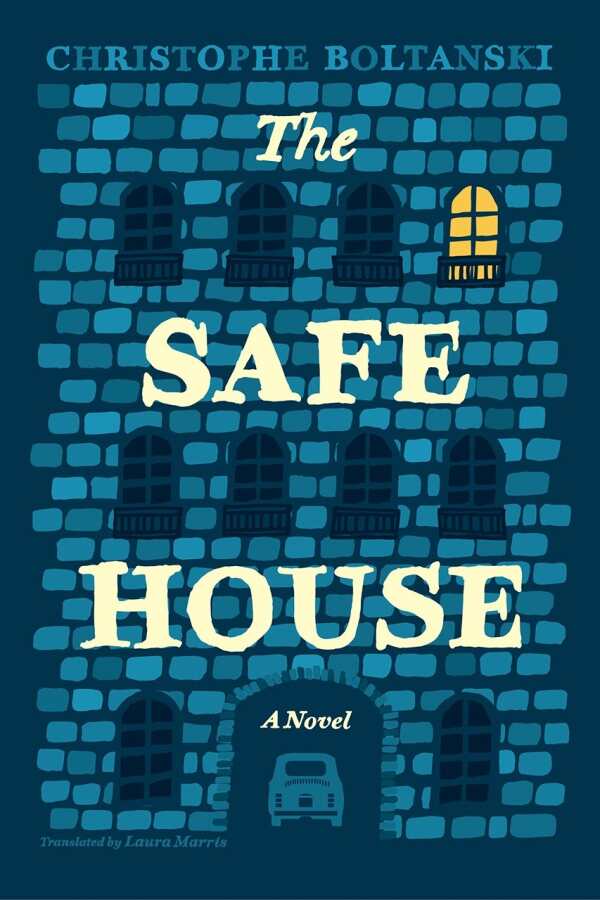The Safe House
Boltanski’s intimate tale walks a tightwire between darkness and light, melancholy and joy.
When French journalist Christophe Boltanski decided, at the age of thirteen, to live with his grandparents, he entered a world apart. His The Safe House is a novelization of that period.
The mansion on the Rue de Grenelle housed three generations, welded together by fierce love and fear “of everything and nothing.” Reigning queen of this tiny world was Boltanski’s paternal grandmother, a small woman with a voracious appetite for life. Sent away from her destitute birth family, she never forgot the abandonment. When polio thwarted her ambitions, she turned all her energy, tenacity, and creativity to keeping her family close to her—within walls to keep the dangers of the world out.
Within these walls, paradox rules: the grandmother is both heiress and communist, and lives as simply as the destitute; held in near reverence, she abhors pity and refuses walking aids, instead maneuvering through life supported by conveniently placed furniture or the arms of her children.
Her husband’s two years in the trenches of WWI had left the sensitive and much-honored doctor with a horror both of blood and of human evil; though a convert to Catholicism, to the Nazis he was still a Jew.
The family traveled without ever leaving the confines of the car, even sleeping, all three generations together, sitting up or curled into each other, like cats in a basket. Mainly homeschooled, the children’s inner worlds were expansive, and creativity flourished. The family’s past, only vaguely remembered, was embellished with fantasy and shrouded in mist to avoid encounters with a possibly unbearable truth.
The confined spaces of that house provide the outline and structure for Boltanski’s novelized recollections of a singular French family marked by WWI and caught up in the horrors of WWII. As he passes from outer to interior rooms, the story becomes more intimate, revealing its beating heart in the bedroom and in the dark space beneath a passageway floor in which his grandfather hid for twenty months.
Elegant, highly visual, alternatingly airless and soaring on the wind of inspiration, Boltanski’s intimate tale, gracefully translated by Laura Marris, walks a tightwire between darkness and light, melancholy and joy.
Reviewed by
Kristine Morris
Disclosure: This article is not an endorsement, but a review. The publisher of this book provided free copies of the book to have their book reviewed by a professional reviewer. No fee was paid by the publisher for this review. Foreword Reviews only recommends books that we love. Foreword Magazine, Inc. is disclosing this in accordance with the Federal Trade Commission’s 16 CFR, Part 255.

